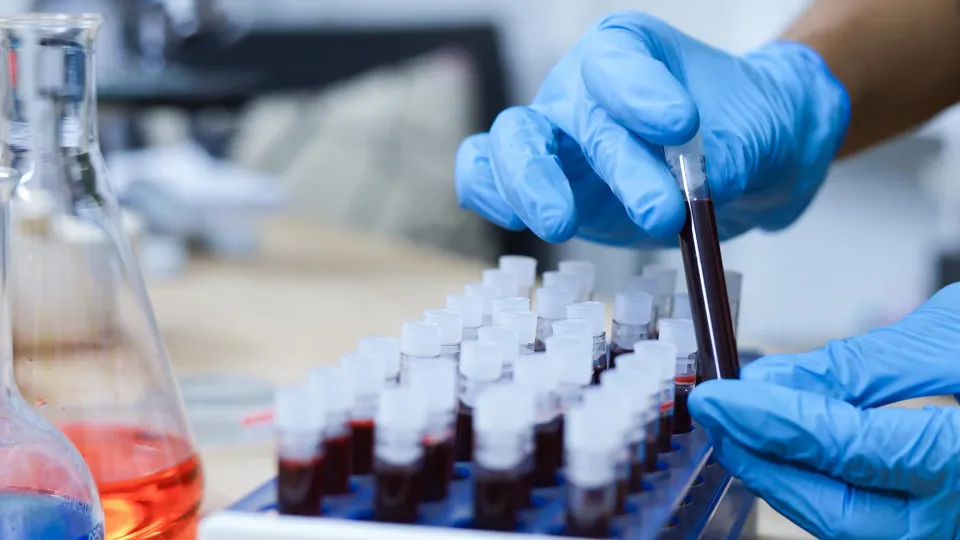News Brief
Pursuing ‘Synthetic-Lethal’ Therapy for Lymphoma
June 18, 2024
Forodesine, a transition-state enzyme inhibitor, was discovered in the laboratory of Albert Einstein College of Medicine’s Vern L. Schramm, Ph.D., and was approved for use in Japan in 2017 for treating relapsed or refractory peripheral T-cell lymphoma (PTCL). The drug works by inhibiting PNP, an enzyme essential for rapid T-cell multiplication. PNP inhibition kills cells responsible for PTCL and T-cell leukemia but not normal cells. Forodesine achieves complete remission for about 10 percent of treated patients who have PTCL. Research published in 2020 showed why it’s not more effective: Patients with PTCL who fail to respond to forodesine therapy have high cancer-cell levels of a second enzyme called SAMHD1.
Dr. Schramm, together with collaborators Seiya Kitamura, Ph.D., and B. Hilda Ye, Ph.D., has received a five-year, $3 million grant from the National Cancer Institute to find transition-state inhibitors for SAMHD1 that—when combined with forodesine—should more effectively kill rapidly dividing T cells. Such combinations are called ‘synthetic-lethal interactions’ and should not only make PTCL therapy more effective but should also help against other types of T-cell lymphomas and leukemias.
Dr. Schramm is professor of biochemistry and the Ruth Merns Chair in Biochemistry at Einstein and a member of the National Cancer Institute-designated Montefiore Einstein Comprehensive Cancer Center. Dr. Kitamura is an associate professor of biochemistry at Einstein. Dr. Ye is an associate professor of cell biology at Einstein. (1R01CA290537-01)



